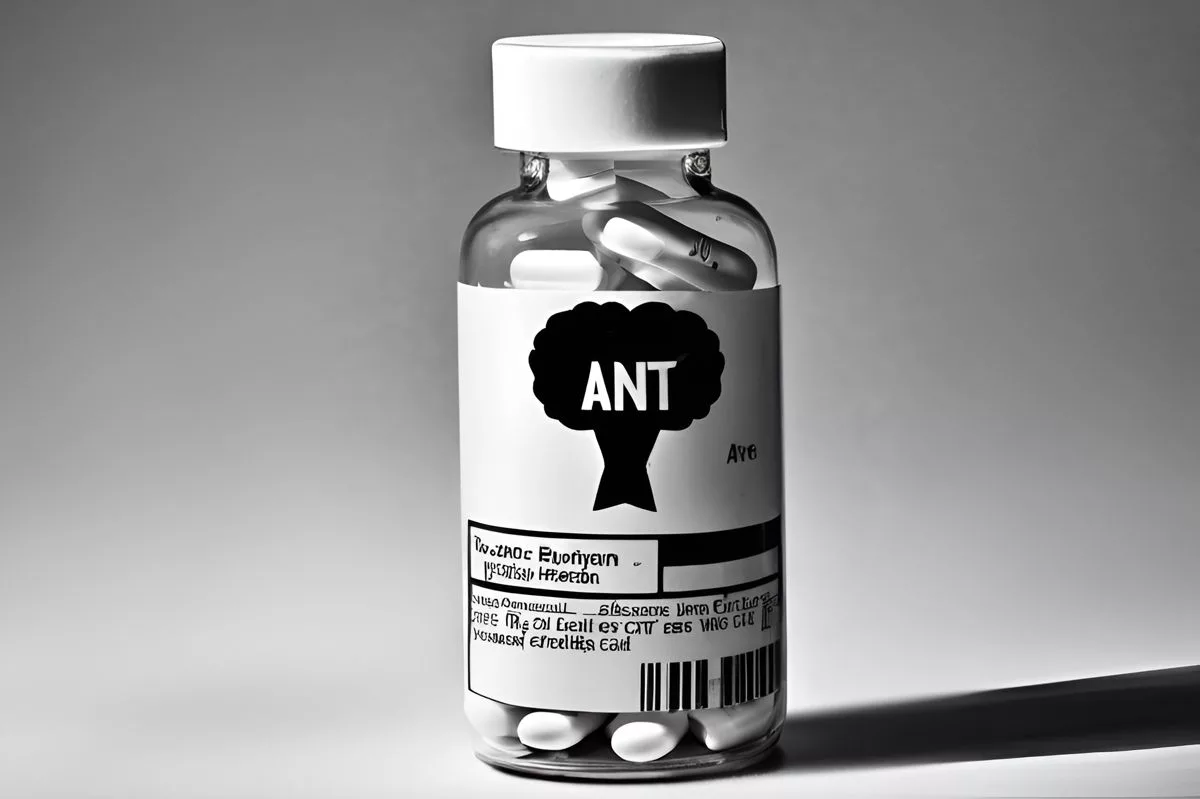Propranolol, a medicine typically used to treat high blood pressure, could potentially diminish unconscious racial prejudices. This theory suggests racism might be a neurological aberration, a ‘brain bug,’ and could be medically addressed. While still in its infancy, this groundbreaking viewpoint on racial bias offers radical new insights in the fight against racism. However, it’s important to remember that societal efforts to address the basis of racism in cultural, educational, and systemic infrastructures are still necessary.
Propranolol: A Potential Antidote to Racism
Emerging research suggests that Propranolol, a drug used to treat high blood pressure, may have the capacity to diminish unconscious racial prejudices. Racism could potentially be a neurological aberration, a ‘brain bug’, and could be medically addressed. While this theory is in its infancy, it presents a groundbreaking viewpoint on racial bias and offers radical new insights in the fight against racism.
Propranolol: A Potential Antidote to Racism
Envision a world where a cure for racism is available. It might sound like a plot from a science fiction novel, but it could perhaps be an attainable reality. The key player in this scenario is Propranolol. Famed for its efficacy in treating high blood pressure, this drug is now piquing the interest of scientists due to its side effects, sparking innovative avenues of exploration.
The Neurological Roots of Racism
Racism is typically seen as a product of ideologically driven attitudes, deeply rooted in cultural prejudices and societal programming. Yet, recent research suggests it might also be tied to neurological factors. Certain mental disorders or neurological ailments, such as dementia, deteriorate the brain’s operations, causing a disregard of societal norms and standards. This realization has prompted a thought-provoking inquiry: could racism be a symptom of such decay?
In this context, Propranolol, a medicine typically prescribed to treat high blood pressure, has revealed unexpected potential. Emerging research shows that this drug may have the capacity to diminish unconscious racial prejudices. This discovery proposes that racial bias might be a neurological aberration, a ‘brain bug’ as some scientists suggest, and could potentially be medically addressed.
Racism: A Neurochemical Reaction?
The University of Oxford proposes that certain forms of prejudice might be the result of chemical processes in the brain. This theory significantly alters the conventional perception of racism from a voluntary action to a neurological phenomenon. In patients with dementia, for instance, the decline in brain function may lead them to disregard societal norms and unknowingly exhibit inappropriate behavior. The capacity of a drug like Propranolol to counter such inherent biases presents a promising prospect.
Researchers have previously examined the link between racism and brain injuries. Some studies have discovered that racial bias can change following brain injuries, either intensifying or reducing it.
Although it’s crucial to stress that not all manifestations of racism originate from neurological disorders, it’s worthwhile to explore the influence of mental health in this intricate problem. According to Medical News Today, racism can either induce or intensify certain mental health disorders. This suggests that racism could be a behavioral defect, comparable to other treatable health conditions.
Case Studies and Broader Implications
The example of Orania, a predominantly white, self-sufficient community in South Africa, provides an intriguing case study for this discussion. The community is often accused of fostering racial bias through its exclusive lifestyle, despite vehement denials. Even revered figures like Nelson Mandela have wrestled with the contentious nature of Orania. Could a community like Orania benefit from a more comprehensive understanding of the neurological roots of racism?
It’s important to remember that this theory is still in its infancy. The proposal that medication could reduce or even eradicate racism is indeed extraordinary but necessitates comprehensive scientific studies and clinical trials. Additionally, it doesn’t eliminate the necessity for persistent societal efforts to address the bases of racism in cultural, educational, and systemic infrastructures.
Concluding Thoughts
The investigation into Propranolol and its potential anti-racism influence presents a groundbreaking viewpoint on racial bias. It reshapes the dialogue on racism, implying that in addition to societal and educational reform, there might be room for a pharmacological solution to this pervasive problem. An ‘anti-racism’ pill might not be the ultimate solution for such a deeply ingrained issue, but it undoubtedly presents a novel perspective to understand and address racial bias. The possibility of rectifying this ‘brain bug’ represents a thrilling direction for research, offering radical new insights in our relentless fight against racism.
1. What is Propranolol and how is it typically used?
Propranolol is a medication used to treat high blood pressure.
2. How can Propranolol potentially diminish unconscious racial prejudices?
Emerging research suggests that Propranolol may have the capacity to diminish unconscious racial prejudices by addressing potential neurological aberrations that contribute to racial bias.
3. Could racism be a symptom of neurological decay?
Recent research has suggested that certain mental disorders or neurological ailments, such as dementia, may cause a disregard of societal norms and standards, potentially contributing to racial bias.
4. How might Propranolol counter inherent biases?
Propranolol could potentially counter inherent biases by addressing the chemical processes in the brain that contribute to racial bias, as proposed by the University of Oxford.
5. Is the proposal that medication could reduce or eradicate racism supported by comprehensive scientific studies and clinical trials?
No, the theory is still in its infancy and requires further research and clinical trials. It’s also important to note that societal efforts to address racism through cultural, educational, and systemic infrastructures are still necessary.
6. What does the investigation into Propranolol and its potential anti-racism influence present?
The investigation presents a groundbreaking viewpoint on racial bias, offering radical new insights in the fight against racism. It suggests that in addition to societal and educational reform, there might be room for a pharmacological solution to this pervasive problem.









